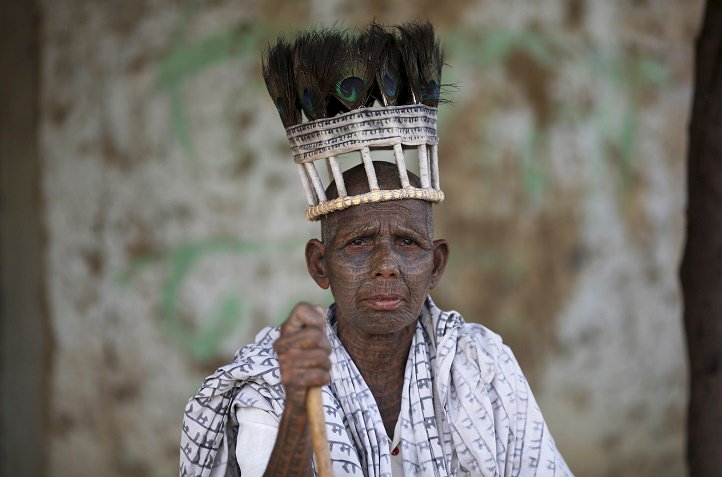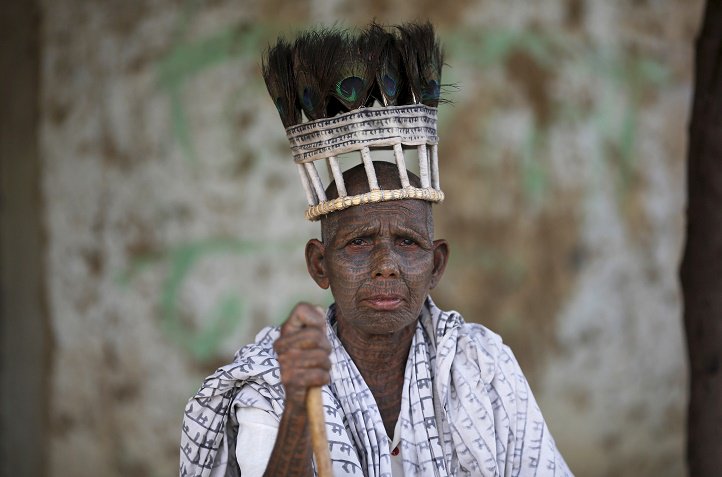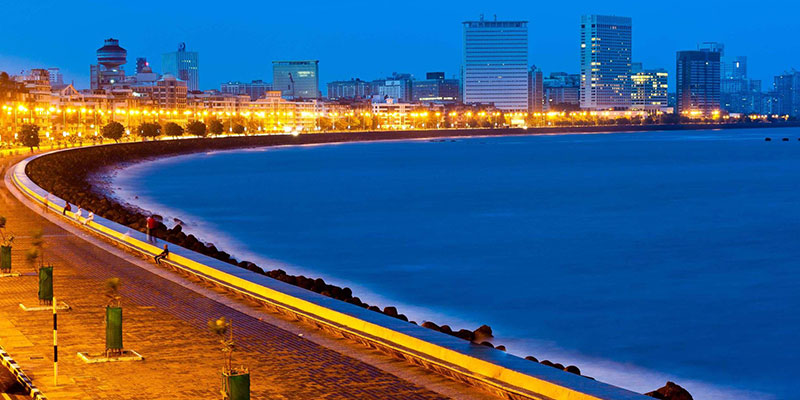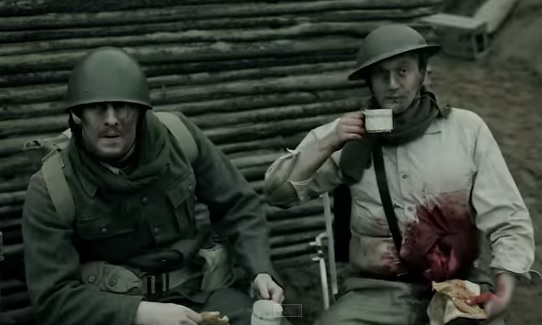What Are Exoplanets And How NASA Detects Life Beyond Our Solar System
Bharti Airtel Set To Acquire Telenor India Within This Year
Google Celebrates NASA’s Discovery Of Seven Earth-Like Planets With An Animated Doodle
Some Home Remedies That Might Sound Bizarre But Actually Work Like A Charm
Akshay Kumar Feels He Has Made Enough Money, Now Wants To Focus On Content & Characters
Delhi ATM Dispenses Fake Rs 2000 Notes From ‘Childrens Bank of India’ With ‘Churan Lable’
Adolf Hitler’s Personal Telephone During World War II Is Up For Auction In The US
From Salman Khan To Rekha, Neil Nitin Mukesh’s Wedding Reception Was Quite A Starry Affair
Here’s Why This Community In Chhattisgarh Tattoos ‘Ram’ All Over Their Bodies
Mahettar Ram Tandon is still proud of the indelible message he carries almost five decades after he had the name of the Hindu god Ram tattooed over his entire body. Dressed in a simple white lungi, a traditional Indian garment, and wearing a peacock feather hat called a "mukut", Tandon is part of the Ramnami Samaj religious movement in the eastern state of Chhattisgarh, one of India's poorest regions.
"It was my new birth the day I started having the tattoos," he says. "The old me had died."
Denied entry to temples and forced to use separate wells, low-caste Hindus in the Chhattisgarh first tattooed their bodies and faces more than 100 years ago as an act of defiance and devotion.
Chanda Ram, a follower of Ramnami Samaj, in the village of Chapora in Chhattisgarh | Source: Reuters
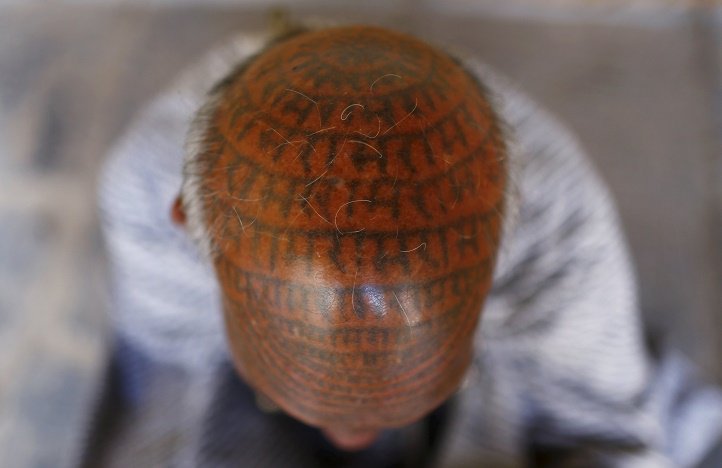
Ramnamis wrote Ram's name on their bodies as a message to higher-caste Indians that god was everywhere, regardless of a person’s caste or social standing.
Now 76, Tandon's purple tattoos have faded over decades under the harsh sun of his village of Jamgahan.
In the nearby village of Gorba, Punai Bai, 75, spent more than two weeks aged 18 having her full body tattooed using dye made from mixing soot from a kerosene lamp with water.
"God is for everybody, not just for one community," says Bai, who lives in a one-room house with her son, daughter-in law and two grandchildren.
Nowadays the tattoos of Ramnamis, who number 100,000 or more and live in dozens of villages spread across at least four districts of Chhattisgarh state, are usually on a smaller scale.
Since the banning of caste-based discrimination in India in 1955, the lives of many lower-caste Indians have improved, villagers said. As young Ramnamis today also travel to other regions to study and look for work, younger generations usually avoid full-body tattoos.
"The young generation just don't feel good about having tattoos on their whole body," says Tandon, who has always lived in his village of small mud houses surrounded by fields of grazing cattle, wheat and rice.
Punai Bai poses for a picture outside her house in the village of Gorba
